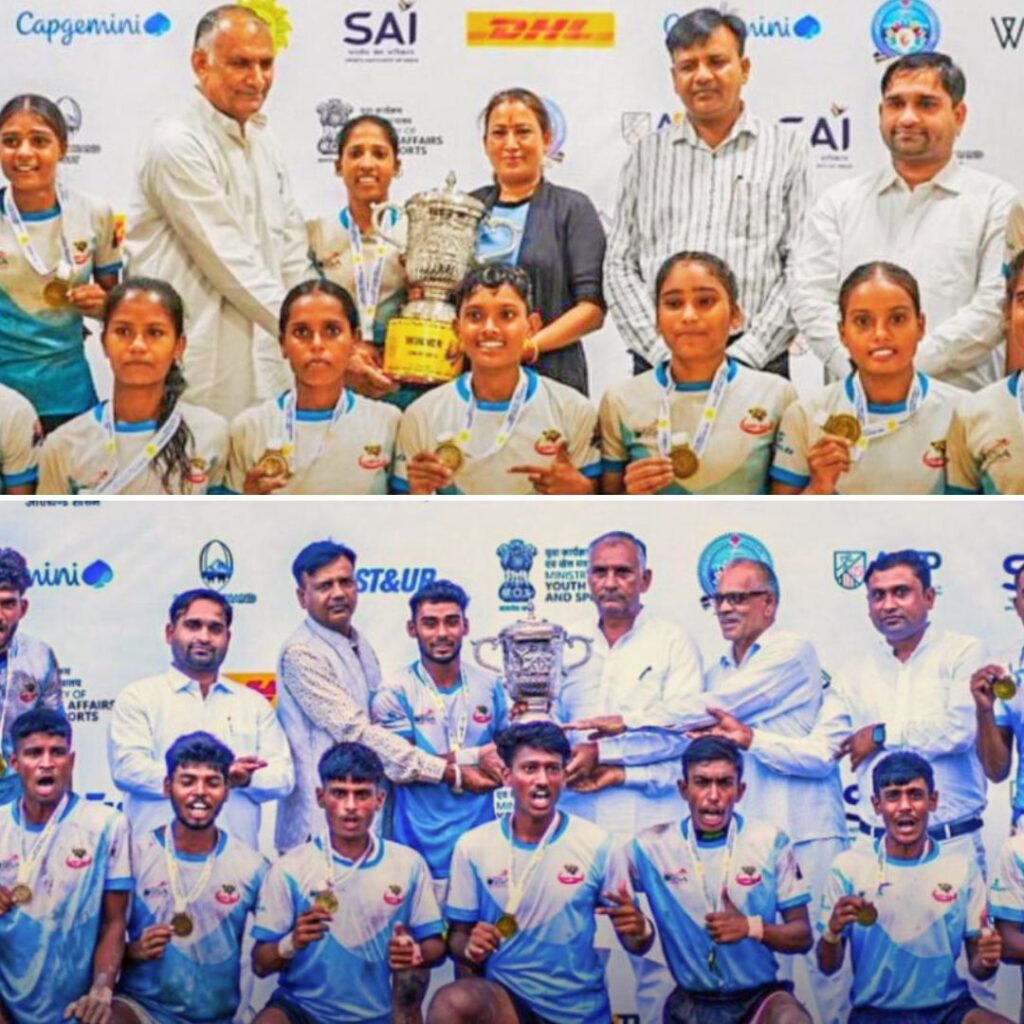There are far flung hamlets in India tucked away from all modern amenities, including electricity. We are talking about places that have zero access to power grids or partial access to power grids that assures them of about twelve hours of electricity a day. In this case, lack of electricity heavily affects the health care system. Often people have to wait for long hours at the Primary Healthcare Centres(PHC) for their health issues to be addressed. Lack of regular source of power leads most of the equipments to cease to become functional and smooth medical service delivery is hindered. Also, these health centres are often under-staffed, under-financed and poorly maintained.
Karuna Trust and SELCO Foundation are two organisations that are striving hard to make medical service delivery available right at the doorstep. Karuna Trust has been working in the healthcare sector for 34 years and with the backup of SELCO Foundation in terms of powering public health centers. Karuna Trust helps in identifying the gaps between healthcare and energy whereas SELCO Foundation works hard to bridge them by bringing about essential innovation-led customisation which is unique for each primary health center (PHC). These groups are working extensively to provide quality healthcare in remote villages of India.
Communities in rural India mostly travel long distances in difficult terrain to gain access to healthcare and this is precisely the gap which these organisations are trying to bridge. They are trying to bring healthcare at their doorsteps, streamlining them appropriately to suit their needs. Karuna Trust is the providing the organisational support whereas SELCO Foundation is powering this initiative by the means of taking recourse to renewable energy.
Gumballi village, Karnataka
Set at the foothills of BR Hills, a primary health center was set up in Gumballi village, Yellandur Taluk, Chamarajanagar district,Karnataka which is home to indigenous people from Soliga, with a population of about 20,000. The first health center here was founded by Dr. H. Sudarsan, in 1980, who later founded the Karuna Trust that has 68 Primary Healthcare Centers(PHCs) across six states in the country.
Gumballi PHC was adopted by Karuna Trust in 1996, which is one of the best example of Public Private Partnership with the Government of Karnataka. This center offers services which any other ordinary PHC do not offer such as eye care, dental care, labour room, eye operation theater, pharmacy and laboratory.
One of the primary challenges faced by this health centre in functioning properly was the lack of proper and continuous electricity. Because of intermittent supply of power to the PHC, patients used to wait for longer hours especially if the treatment needs equipment which works on electricity.
When The Logical Indian spoke to Rachita Mishra, Senior Programme Leader from SELCO Foundation, she said,”Gumballi PHC is a well managed center in terms of infrastructure by Karuna Trust. How we went about it is to study is how the equipments would be used to effectively and help us to fill the gap. When it comes to servicing of the system, it is important to remember about the harsh terrain.” “In terms of operational challenges, decentralizing the system needs to be paid a lot of attention to,” she added.
With the help of solar power, these PHCs will not have to heavily rely on diesel, which will also ease the hard work undertaken in the part of HR in the center. What these remote areas are in dire need of is a decentralized system to best meet the local healthcare and energy needs. SELCO Foundation has been pioneering in the field of providing a source of renewable energy to run these health centres effectively. Karuna Trust on the other hand has extensive expertise in the sector of healthcare. Thus they can effectively troubleshoot problems, manage the centre and help in its running in Gumballi. Since the source of electricity is regularised, delivering health care service is a much easier process.
Gumballi is one such example where the PHC is powered by solar power energy. This no longer involves the need to rely on diesel or community members no longer have to wait long hours for the health center to be functional with the help of electricity. This further helps in optimizing government’s limited financial resources and manpower. In this process healthcare is no longer delivered at the last minute and decentralized renewable energy is an answer to the lack of power grids in extreme geographical terrains. In each case, the demography and geography was critically analysed and assessed after taking the current and future usage of the centers into consideration as well as the efficiency of the energy equipments they use.
SELCO foundation set up a 3.2 Kw solar power unit for the PHC. Now the PHC has a fully functional dental care unit, an Operation Theatre and even a delivery room. Patients don’t have to wait for long hours to …











